Abroma Augusta, commonly known as Olat Kambal, Devil’s Cotton, or Olak Tambol, is a medicinal plant used in homeopathy for various ailments.
It has a wide range of clinical applications, including the treatment of albuminuria, sleeplessness, amenorrhea, diabetes mellitus and insipidus, carbuncles, dysmenorrhea, and weakness of the brain.
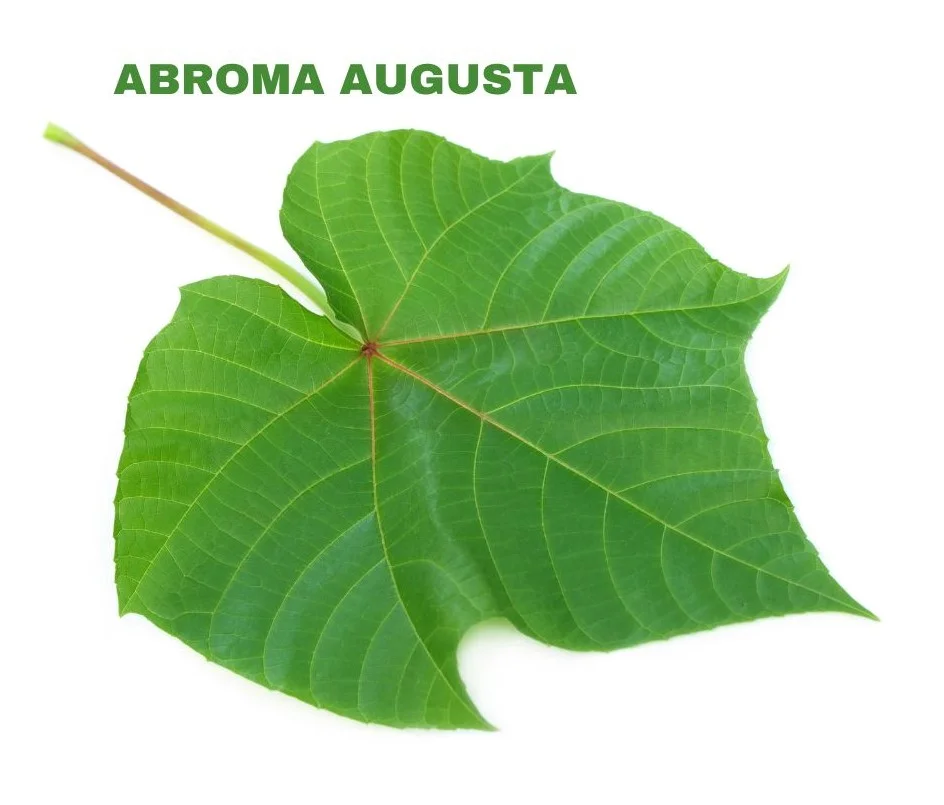
SOURCE INFORMATION
First Prover: Dr. D.N. Ray
Scientific Classification
- Kingdom: Plantae
- Family: Malvaceae
- Genus: Abroma
- Species: Abroma Augusta
Origin
- Abroma Augusta, commonly known as Olat Kambal, Devil’s Cotton, or Olak Tambol, belongs to the family Malvaceae.
- The plant is native to the Indian subcontinent, particularly found in regions of India, Bangladesh, and Myanmar.
- It thrives in tropical and subtropical climates, often growing in moist, shady areas.
Historical Facts
- Abroma Augusta has a long history of traditional medicinal use in Ayurveda, the traditional medicine system of India.
- The plant has been utilized for various medicinal purposes, including the treatment of albuminuria, sleeplessness, amenorrhea, carbuncles, diabetes mellitus and insipidus, debility, dysmenorrhea, and weakness of the brain.
- Traditionally, different parts of the plant, such as the leaves, roots, and bark, have been used in herbal formulations to address specific health concerns.
- Its therapeutic properties have been documented in ancient Ayurvedic texts and folklore, contributing to its significance in traditional medicine practices.
- The plant’s medicinal properties have been passed down through generations, contributing to its continued use in traditional healthcare practices.
Cultivation and Harvesting
- Abroma Augusta is cultivated in tropical and subtropical regions for its medicinal properties.
- The plant prefers well-drained, fertile soil and thrives in warm, humid climates.
- It is propagated through seeds or stem cuttings and requires regular watering and maintenance.
- Leaves, roots, and bark are harvested from mature plants for medicinal use, typically during the flowering season.
Interesting Facts
- The name “Olat Kambal” translates to “wool blanket” in Hindi, possibly referring to the plant’s traditional use in treating fevers and providing relief from cold-related ailments.
- Abroma Augusta is also known as “Devil’s Cotton” due to the cotton-like fibers surrounding its seeds.
- In traditional medicine, various parts of the plant are used to prepare decoctions, infusions, or powders for medicinal purposes, highlighting its versatility in herbal remedies.
DRUG PATHOGENESIS
Abroma Augusta induces various symptoms affecting different organs and systems of the body.
It is known to affect the mind, head, eyes, ears, nose, throat, mouth, appetite, stomach, abdomen, urinary system, heart, respiratory system, skin, neck, back, limbs, and male and female sexual organs.
KEY CHARACTERISTICS
- Affinity for various symptoms related to multiple organ systems.
- Clinical manifestations include irritability, sleeplessness, dryness of mouth, excessive thirst, abnormal appetite, dry skin, palpitations, and menstrual disorders.
PARTICULAR ORGAN SYMPTOMS
Mind
- Irritability.
- Excitable mood.
- Ill humor.
- Forgetfulness.
- Absent-mindedness.
- Depression.
- Moroseness.
- Anxiety.
- Moody behavior.
Head
- Sensation of emptiness in the head.
- Rolling sensation in the head.
- Vertigo.
- Heaviness and discomfort.
- Giddiness.
Eyes
- Weakness of vision.
- Puffiness of the eyelids.
- Heaviness in the eyes.
- Easily tired eyes.
- Inclination to close the eyes.
- Eye pain and watering.
- Paleness of the conjunctiva.
Ears
- Shortness of hearing.
- Buzzing or ringing in the ears.
- Discharge from the ears.
Nose
- Sneezing multiple times.
- Watery discharge from the nose.
- Dryness of the nose with a desire to rub it.
Face
- Pale, yellow, wrinkled appearance.
- Itching eruption on the face with a burning sensation.
- Presence of furuncles (boils) on the face.
Throat
- Dry throat.
- Burning sensation in the throat.
- Painful throat.
- Difficulty in swallowing solids, but drinking temporarily relieves throat symptoms.
Mouth
- Almost constant dryness of the mouth.
- Drinking large quantities of cold water without relief from dryness.
- Dry and clean tongue.
- Indistinct speech.
- Dry and bluish lips.
Appetite
- Unnatural appetite, feeling hungry shortly after a meal.
Stomach
- Hungry feeling accompanied by faintness.
- Desire for various types of food.
- Sensation of emptiness in the stomach.
Abdomen
- Flatulence with distension of the abdomen.
Stool
- Constipation with stools appearing brownish, black, knotty, and hard.
- Lumpy stool with significant straining.
Urinary Symptoms
- Profuse urination during the day and night.
- Frequent urination.
- Dryness of the mouth and excessive thirst.
- Desire to drink after urination, which temporarily relieves thirst.
- Urination leading to exhaustion.
- Fishy odour of the urine.
- Slight sediment in the urine.
- Presence of mellitus (indicating diabetes).
- Nocturnal enuresis (bedwetting).
- Burning sensation in the urethra.
- Formation of white ulcers in the mouth or prepuce due to excessive sugar passage in the urine.
- Inability to retain urine.
Heart
- Weakness of the heart.
- Palpitations exacerbated by movement.
- Feeling faint or lightheaded.
Respiratory Symptoms
- Cough with purulent (containing pus) expectoration.
- Chest pain.
- Expectoration of lumpy sputum, which may be white or yellowish in colour.
- Symptoms worsen in cold air, especially in the evening and night.
- Patient may press on the chest during coughing.
Skin
- Dry skin prone to scratching.
- Burning sensation on the skin.
- Presence of small boils, especially in summer.
- Occurrence of carbuncles (clusters of boils).
Neck, Back, Limbs
- Dull pain in the back extremities.
- Emaciation and weakness of the limbs.
- Pain in the kidney region.
Male Sexual Symptoms
- Absence of sexual desire.
- Inability to engage in coition.
- Exhaustion after coition.
- Swelling and hanging of the testis.
Female Sexual Symptoms
- Irregular menstruation.
- Dark, clotted, profuse, or scanty menstrual blood.
- Pale amenorrhea or dysmenorrhea.
- Profuse, white, thin, watery leucorrhoea.
- Colicky pain in the lower abdomen 2-3 days before menses.
- Hysteria associated with menstrual disorders.
Sleep
- Drowsiness.
- Insomnia.
- Prostration and aversion to labor.
- Unrefreshed sleep.
- Improved sleep in the early morning hours.
Fever
- Dry heat over the entire body.
- Great thirst.
MODALITIES
- Aggravation: Symptoms are aggravated in cold air, during the evening and night, and during coughing.
- Amelioration: They are ameliorated by drinking and temporarily relieved by swallowing liquids.
DOSE
Abroma Augusta is commonly prescribed in mother tincture, 2x, or 3x potency.
Frequently Asked Questions
What are the key characteristics of Abroma Augusta?
Key characteristics include its affinity for multiple symptoms affecting various organ systems, including the mind, head, eyes, ears, nose, throat, mouth, appetite, stomach, abdomen, urinary system, heart, respiratory system, skin, and limbs.
What are the common clinical applications of Abroma Augusta?
Abroma Augusta is used for treating conditions such as albuminuria, sleeplessness, amenorrhea, diabetes mellitus and insipidus, carbuncles, dysmenorrhea, and weakness of the brain.
Meaning of Difficult Words
- Amenorrhea: Absence or abnormal cessation of menstruation.
- Carbuncle: A severe skin infection resulting in a group of connected boils.
- Insipidus: A form of diabetes characterized by excessive thirst and urination, but without the presence of sugar in the urine.
- Leucorrhoea: A discharge from the vagina, typically white or yellowish, sometimes associated with infection or inflammation.
- Palpitations: Rapid or irregular heartbeats felt as if the heart is pounding or fluttering.
- Aversion: A strong dislike or disinclination.
- Prostration: Extreme physical or mental weakness or fatigue.

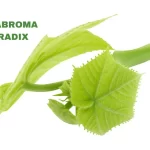


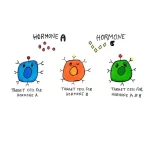
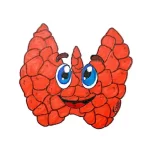
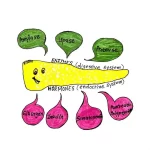
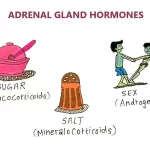

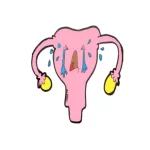

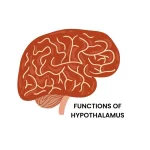
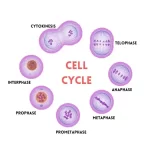
Leave a Reply